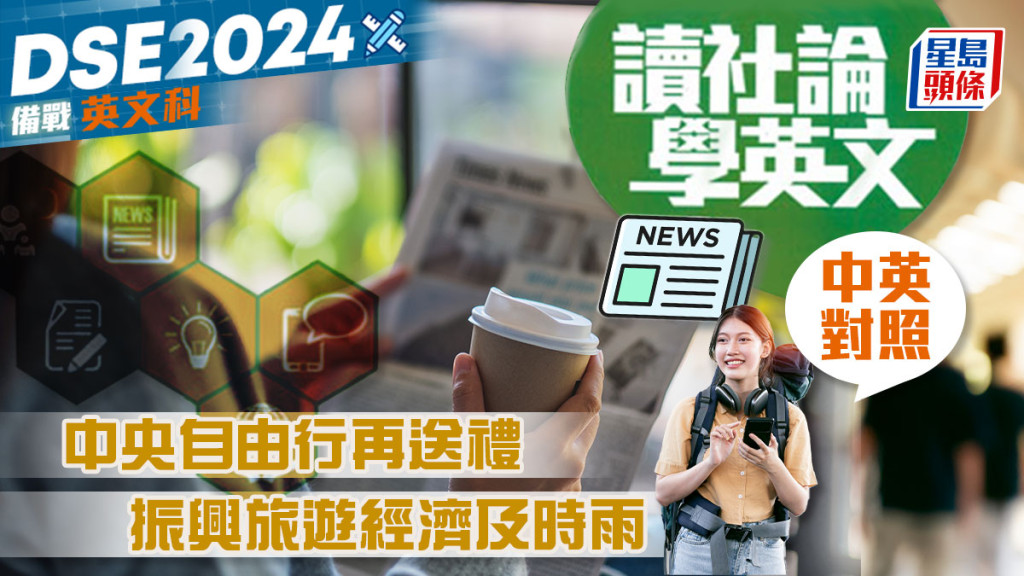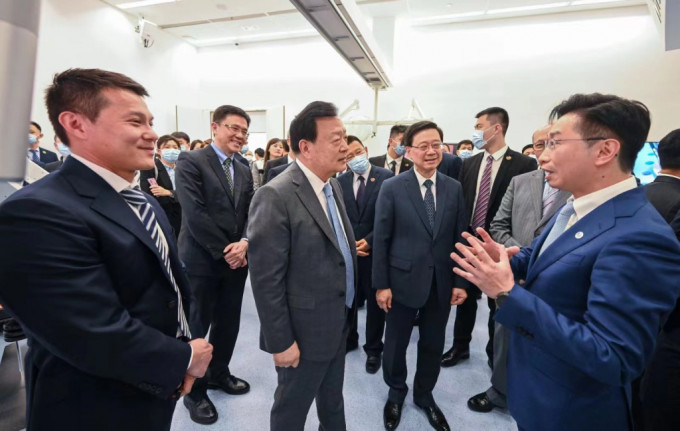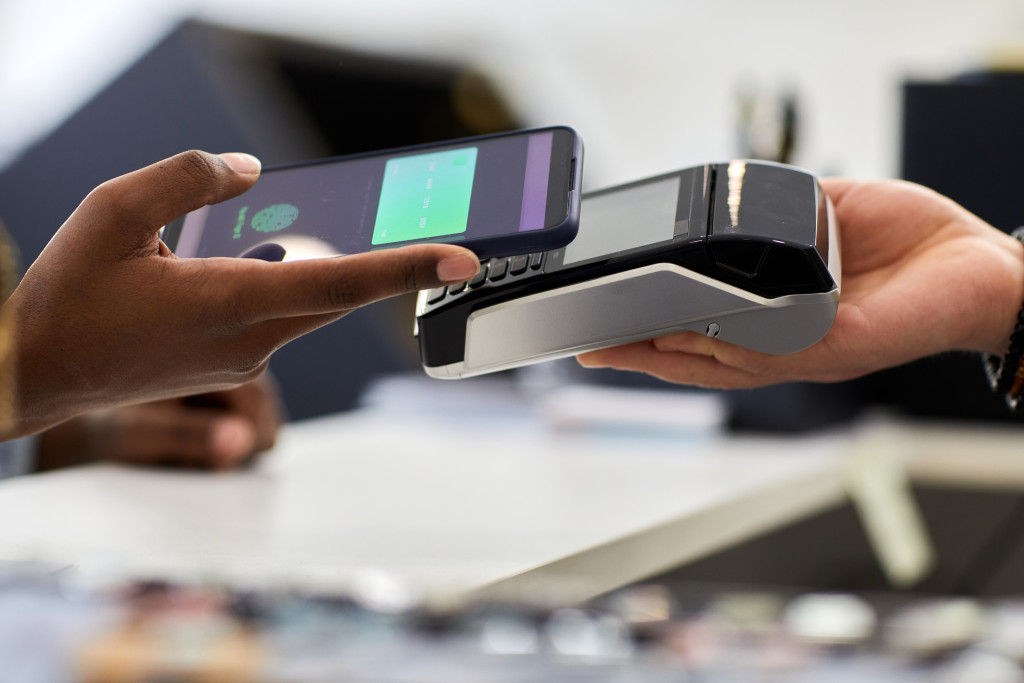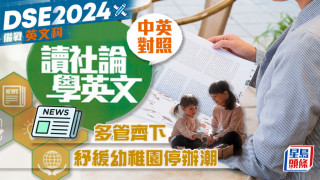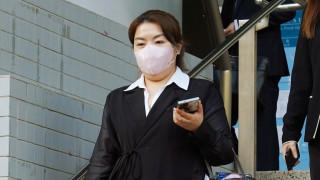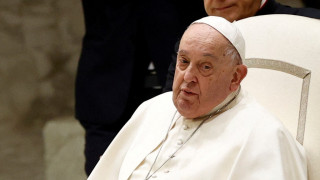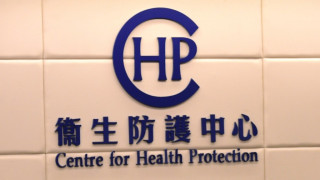中央自由行再送禮 振興旅遊經濟及時雨
2024年2月22日《星島日報》社論
在中央港澳辦主任夏寶龍今天抵港展開考察調研前夕,突傳來中央同意擴大自由行城市的利好消息,形同向本港送禮。商界期望新措施能像2003年沙士後的自由行,為香港帶來大批內地旅客,刺激旅遊、零售和餐飲業生意,加快經濟復甦力度。雖然新措施細節尚未公布,但港府和業界宜先做好軟硬件配套,便利內地旅客,讓其有賓至如歸,願意一來再來。
顧及內地消費料有序分段實施
政務司司長陳國基日前表示,正與內地商討增加開放來港自由行城市數目,並研究重新推出「一簽多行」措施,希望措施能盡快落實。言猶在耳,昨天便傳出消息,指港府的要求已獲中央積極回應,將於短期內公布。
對港人來說,自由行和「一簽多行」並非新鮮事物,早已證明是盤活本港低迷旅遊及消費市場的良方妙藥。2003年沙士過後,香港經濟疲弱,中央決定在廣東省4個城市推出自由行,其後不斷擴大至現時共49個城市。2009年深圳市試行「一簽多行」,簽證持有人可多次往來香港,令來港的內地旅客大增,但香港接待能力不足,又衍生水貨客問題,對市民生活構成壓力,加劇兩地矛盾,導致深圳當局在2015年將「一簽多行」收緊至「一周一行」。
時移世易,疫後通關復常,雖然訪港旅客大幅回升,但經濟復甦不似預期。隨着網購盛行,改變了內地人旅遊消費模式,來港不再血拼購物,而是傾向即日往返的體驗遊,令水貨客幾乎絕跡。同時,港人發現深圳湧現新商場,價廉服務佳,北上消費蔚然成風,令北上港人人數遠超南下的內地旅客數目。深圳統計顯示月均有550萬港人北上,人均消費約670元人民幣,意味每月約36億元人民幣(39億港元)流入內地,不利本港零售餐飲業。
自由行在2003年成功迅速助香港經濟快速復甦,因當時內地GDP增長有10%,民眾消費力強勁和疏爽,但現時能否再起救經濟效用則有待觀察,因中央未公布細節,加上當前內地股樓大跌,出現財富負效應,不願過分消費。中央在幫助香港時,也要兼顧內地消費力,假如開放自由行的力度過大,大批內地人湧到香港吃喝玩樂,不利內地經濟,故相信會分段有序地將一些二、三線城市納入自由行範圍,而「一簽多行」也會先在深圳重推,然後再因應情況擴展至大灣區其他城市。
儘管如此,擴大自由行對刺激香港旅遊業有一定幫助。大灣區交通越來越方便,1小時生活圈已逐漸成形,居民傾向即日來回,只要香港能多辦一些內地比較稀缺的文化娛樂盛事,相信可吸引更多內地人不時來港參與和打卡,即使不留宿,也要吃喝玩樂,為餐飲零售業帶來更多生意。至於那些距離香港較遠的城市,為了能在香港進行深度體驗遊,肯定會過夜留宿,令酒店業也大受裨益。
一旦新政策落實,可預期將有大量內地旅客湧港,加上港府今年安排的盛事一浪接一浪,內地旅客即使未必選擇在重要節日慶典南下,港府和業界宜吸取過往經驗,盡快溝通提升接待能力,確保各口岸有足夠交通工具接送旅客到市區或各個景點,避免旅客要排長龍等車,產生不好的體驗。當局同時也要正視「黑的」和黑店劏客問題,除了向入境旅客提供有用的資訊外,當接到投訴時,須馬上處理,以免一小撮害群之馬影響旅客對香港的觀感。
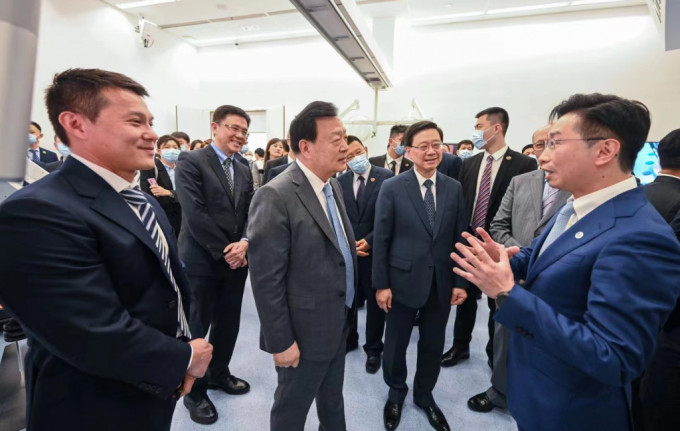
須擴電子支付覆蓋率便利旅客
此外,業界須擴大電子支付覆蓋率,因內地旅客習慣少攜帶現金,衣食住行均是以手機支付。可是,香港並非所有店舖均使用電子支付,就算交通工具也只有港鐵、巴士和部分渡輪支援電子支付,對內地旅客造成不便。業界若要在擴大自由行中分一杯羹,有必要安裝支援內地電子支付系統。
中央倘擴大自由行,為本港旅業提供更多新客源,要旺丁又旺財,需要業界各出奇謀,想出新點子和推出更多優惠,迎合旅客口味,有開心愉快的體驗,願意來港留宿消費。
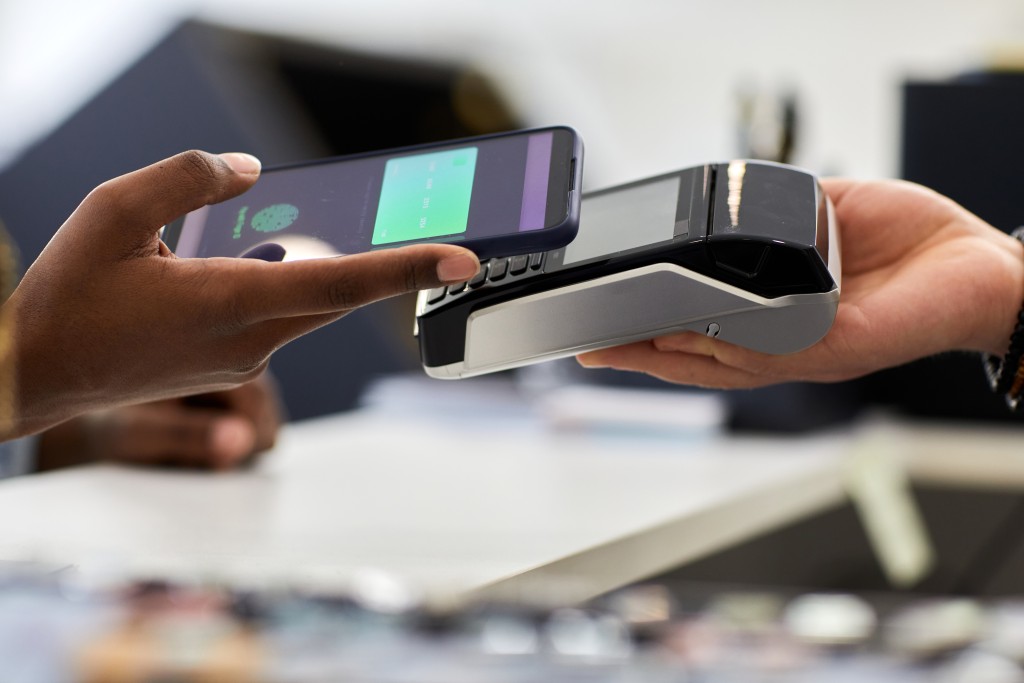
Another visit scheme gift - timely tourism revitalization
On the eve of Hong Kong and Macau Affairs Office director Xia Baolong\'s visit today, Beijing\'s agreement to expand the individual visit scheme coverage came like a gift. The business community hopes that the new measures will bring a large number of mainland tourists as in the 2003 post-SARS period to stimulate tourism, retail and catering industries while boosting recovery. Although details have not yet been announced, the government and various sectors should make preparations to provide visitors with convenience and comfort so that they will come again.
Stages to cope with home consumption
Chief Secretary for Administration Eric Chan Kwok-ki has said that he is discussing with the mainland to increase the number of individual visit scheme cities and look into reintroduction of "multiple-entry permits" as soon as possible. Meanwhile, news came out yesterday that Beijing gave a positive response and will be announcing it shortly.
Individual visits and "multiple-entry permits" have long been recognized as a good way to revitalize the sluggish tourism and consumer markets. Hong Kong weakened after the SARS in 2003, Beijing launched the individual visit scheme in four Guangdong cities, later expanding it to 49. In 2009, the "multiple-entry permits" pilot scheme was launched in Shenzhen, allowing holders to enter Hong Kong multiple times, which greatly increased mainland tourists. However, the inadequate reception capacity and problem of parallel traders put pressure on people\'s livelihood, exacerbating conflicts. Shenzhen authorities thus reduced "multiple-entry permits" to "one trip per week" in 2015.
As borders reopened after the pandemic, the number of tourists rebounded significantly, but recovery was not as good as expected. Online shopping changed the travelling & consumption habits of mainlanders who prefer one-day experiential tours instead putting parallel importers out of business. Discovering new shopping malls emerging in Shenzhen offering low prices and good services, Hongkongers flocked there in numbers much larger than inbound visitors. Statistics from Shenzhen show that an average of 5.5 million Hongkongers per month visit the mainland with per capita consumption of about 670 yuan - approximately 3.6 billion yuan (HK$3.9 billion) monthly. This is detrimental to retail and catering industries in Hong Kong.
Individual visits helped Hong Kong recover swiftly in 2003, because mainland GDP then grew by 10% suggesting strong consumption. However, whether it can do the same now remains to be seen as details have not yet been announced while the mainland stock and property markets have plummeted, producing a negative effect. People are not so generous in spending. Beijing must also consider its domestic consumption power. Strong measures will make mainlanders flock to Hong Kong only to weaken home economy. So, it is believed that some second- and third-tier cities will be orderly included. "Multiple-entry permits" will also be relaunched in Shenzhen first and then expanded to other cities in the Greater Bay Area (GBA) accordingly.
Nevertheless, the expansion will stimulate Hong Kong\'s tourism. GBA transportation is becoming more convenient with the one-hour living circle gradually taking shape. Residents prefer to make day visits. As long as Hong Kong can host more cultural and entertainment events relatively scarce in the mainland, more visitors will come for participation and check-in. Even if they don\'t stay overnight, they still have to eat, drink and have fun, thus bringing more business. Those from cities that are far away will definitely stay overnight for an in-depth experience. The hotel industry will greatly benefit too.
Once new policies are in place, there will be an influx of mainlanders. In addition, mega events are coming one after another this year. Even if tourists do not travel during important festivals and celebrations, the government and industries should learn from past experience to quickly improve communication and reception capacities, ensuring that each entry point has adequate transportation to take visitors to urban or scenic spots while avoiding long waits. The authorities must also face up to the problems of unscrupulous taxis and shops. In addition to providing useful information to inbound tourists, complaints must be dealt with immediately to prevent a small group of bad apples from affecting the perception of Hong Kong.
Expand e-payment for convenience
Moreover, the sectors must expand electronic payment coverage, as mainlanders are accustomed to carrying less cash and making payments via mobile phones. However, not all shops in Hong Kong accept e-payment. In transportation, only the MTR, buses and some ferries support it. To have a share in the scheme expansion, e-payment systems have to be installed.
If Beijing provides bigger resources for Hong Kong\'s tourism, various industries need to come up with new ideas and discounts to cater to tourists\' tastes and offer an enjoyable experience. That will give them the incentive to stay and spend money in Hong Kong.
Vocabulary
- reintroduction (n) —— 重新推出
- revitalize (v) —— 使恢復元氣
- sluggish (adj) —— 疲弱的
- holder (n) —— 持有人
- exacerbate (v) —— 使惡化
- flock (v) —— 蜂擁
- detrimental (adj) —— 有危害的
- domestic (adj) —— 國內的
Useful Terms
- reception capacity —— 接待能力
- parallel trader —— 水貨客
- experiential tour —— 體驗遊
- per capita consumption —— 人均消費
Did you know?
It is understood the individual visit scheme expansion is one of three measures proposed by Chief Executive John Lee Ka-chiu to Beijing officials to boost the number of mainland tourists visiting Hong Kong. The other two are resuming "multiple-entry permits" for Shenzhen residents and raising the current HK$5,000 tax-free limit for mainland tourists.
Q&A
- The word _____ in the third paragraph is the opposite of "booming".
- " _____ permits" became "one trip per week" in 2015.
- In the passage, the word _____ means "inflow".
- Mainlanders are accustomed to making payments _____ mobile phones.
- According to the last paragraph, Hong Kong must provide mainland tourists with an enjoyable experience as an _____ to make them stay and spend money.
Answers
- sluggish
- Multiple-entry
- influx
- via
- incentive
翻譯和內容:George
整理:星島教育組編輯部
圖片:網上圖片
《星島頭條》APP經已推出最新版本,請立即更新,瀏覽更精彩內容:https://bit.ly/3yLrgYZ
